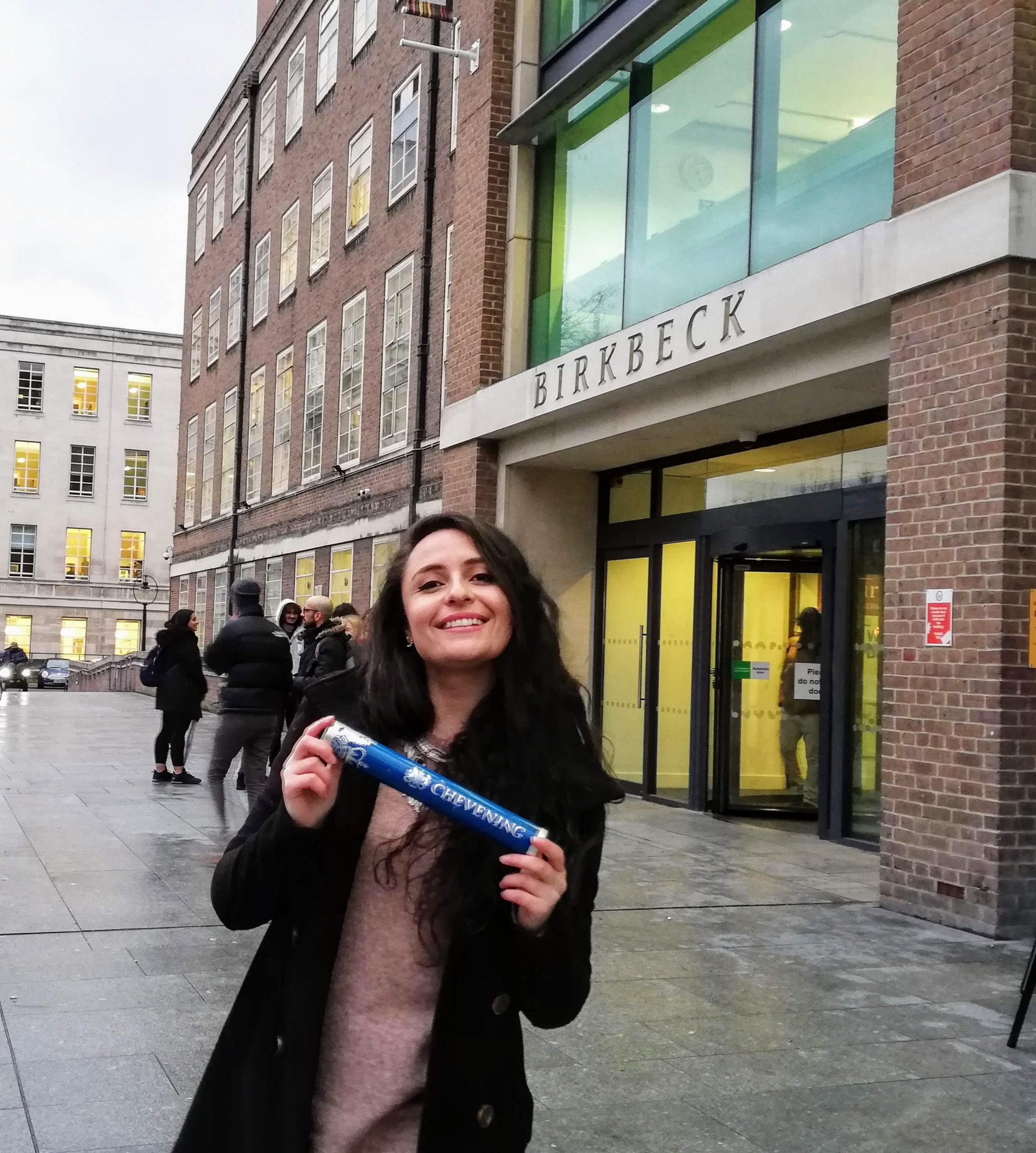Recently Birkbeck’s School of Business, Economics and Informatics and International Student Administration (ISA) held a Netflix party screening of Alfonso Cuarón’s Oscar-winning film, ‘Roma’ that was open to all students. In this blog, two Birkbeck students share their experience of watching and discussing the film as part of the event.
Being an international student at Birkbeck has been one of the best experiences I have ever had in my life. One of the things I have found the most fascinating in an international atmosphere is the fact that you get to know people from all over the world. Not only have I had the opportunity to learn from my classmates’ traditions, lifestyle, religion and mindset, but I have also learnt to share what my own country represents as well. The cinema screening for international students organised by William Richards and La Young Jackson has been such a wonderful opportunity to share more about Mexico and its history in the 1970s through the movie called Roma.
Roma, written and directed by Alfonso Cuarón, received ten nominations at the 91st Academy Awards and it also became the Best Foreign Language Film for the Best Cinematography and Best Director. Not only is Roma worth watching due to its extraordinary appraisal, but I also considered it demonstrated a slice of Mexico’s reality at that time. I believe that Roma is a good opportunity to show Mexico and part of its salient topics in history that strike a chord in our country. The use of political issues, protests, earthquakes, and single-parenting loneliness are among many of the reasons why Roma is worth seeing. I strongly believe that knowing about the history of a place and community sheds light to a better understanding of its present in a different perspective.
Azucena Garcia Gutierrez is studying MA Applied Linguistics and Communication and is a Chevening Scholar.
During the viewing, done through Netflix Party, we discussed various things as we watched the film. I believe it added a good deal of commentary to watch with native Mexicans who could contextualise and explain parts of the history while allowing the viewers to form their own opinions and questions as well. It is through watching these films that evoke so much from a specific culture but resonate with people outside of it that we can truly begin to understand what it is to be a global citizen.
Roma is told through the perspective of Cleo, a maid to a middle-class family living in Mexico during the 1970s. Her and the family’s tribulations are almost autobiographical for Cuarón, however feels as though it is the story of most Mexicans. From a father leaving his family, to earthquakes and students killed by political oppression, everything feels all-to-familiar to several generations of Mexicans.
It is interesting to see how the film has not only reached a special place for Mexicans, but for everyone who watches it. It feels like a perfect slice-of-life to understand the culture for a specific country but it seems to touch a cord with most people. Perhaps, as La Young pointed out during the viewing, it’s the camera movements, how it follows Cleo around through panoramic shots as if she were a soldier in a war film. Or perhaps it’s the subtle way in which the film shows the grand scale of collective pain through the world with images of oppression and depression. Whichever it is, watching Roma with other Birkbeck students was a wonderful experience that I hoped they enjoyed just as much.
Natalia Albin Legorreta is completing an MA in Screenwriting at Birkbeck.



